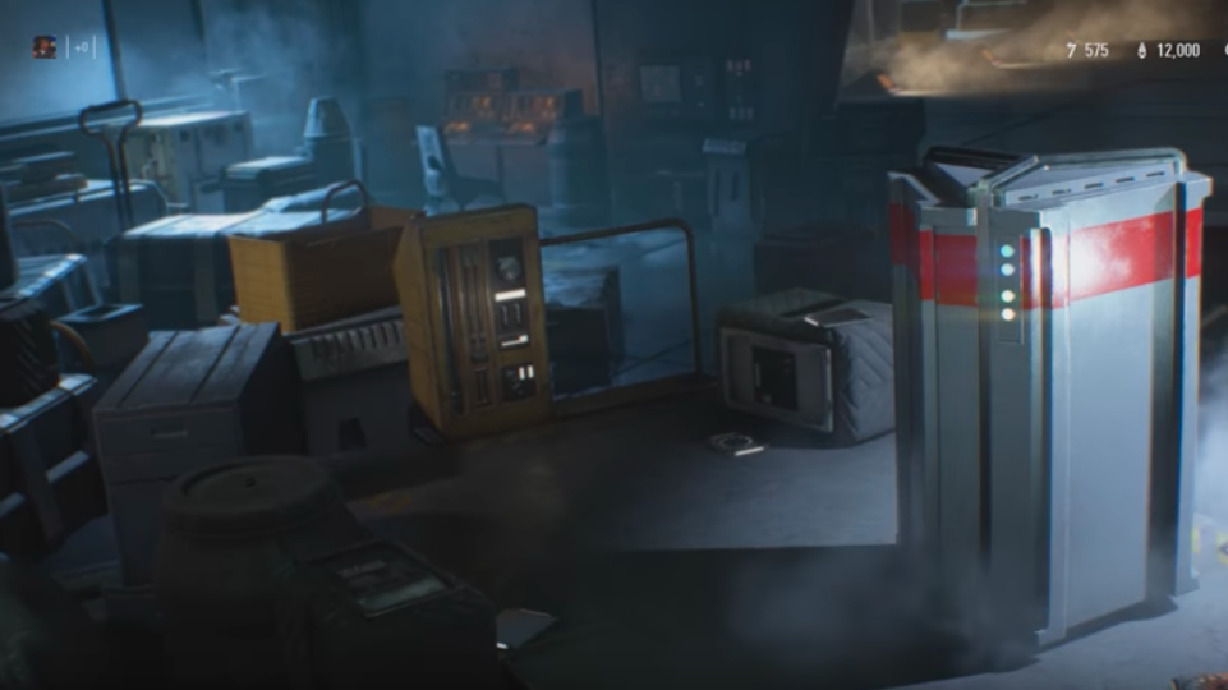Estimated read time: 3-4 minutes
This archived news story is available only for your personal, non-commercial use. Information in the story may be outdated or superseded by additional information. Reading or replaying the story in its archived form does not constitute a republication of the story.
SALT LAKE CITY — Gaming was different when you were a kid.
When you opened the box for your Nintendo, Sega or PlayStation, everything you needed was right there. There were no expansion packs, no extra content online and no loot boxes. But video games have evolved over the last decade, and loot boxes – sometimes called loot crates or loot prizes – have caused a fair bit of controversy.
Loot boxes are digital treasure chests, sometimes achieved through game play and other times by paying a fee. They may contain cosmetic features for your character, like in the game Overwatch, or they may have essential weapons and armor that changes the game.
Loot boxes became more controversial by the late 2010s, particularly since the launch of Star Wars Battlefront II in 2017. The EA game bumped up the cost of loot boxes and put valuable characters and items inside, which gave players who could pay a greater advantage.
The backlash from players caused EA’s stock to drop, and even governments got involved when Belgium ruled in early 2018 that loot boxes were a form of gambling. Other countries and legislators also began taking a closer look — and the United States Federal Trade Commission agreed to begin an investigation into video game loot boxes and their link to gambling in late November.
“It has become gambling, pure and simple,” said local gamer Corey Bruce. “It utilizes variable interval and variable ratio reward systems to psychologically motivate the players to spend actual money for more chances to win stuff — just like slot machines.”
There is also concern that children, who are still developing self-regulation skills, are particularly susceptible to the novelty and surprise of loot boxes. Others are concerned that loot boxes foster a dynamic that favors those with the money to buy.
“This causes a ‘pay to win’ scenario, where players who only purchased the base game are trampled in online matches by other players of equal or lesser skill who spent the money on enough loot boxes to unlock the high-powered weapons and characters," Bruce said. "Loot boxes are a cancer in the gaming industry and a primer to gambling for children.”
But not everyone sees loot boxes as dangerous. The Entertainment Software Rating Board, which provides ratings and guidance for video games, told reporters that, “ESRB does not consider loot boxes to be gambling. …We think of it as a similar principle to collectible card games: Sometimes you’ll open a pack and get a brand new holographic card … but other times you’ll end up with a pack of cards you already have.”
ESRB announced in 2018, however, that they would label titles that had in-game purchases.
Parents should talk to their children about in-game purchases before allowing them to play. Before purchasing an app, PC or console game, decide what amount of money should be spent, if any, on any type of microtransactions.
“This, like most things with children, fall on the parents to parent your kid,” said local gamer Brandon Vig. “Those of us who are adults need to learn to be responsible with our money. So many things you purchase in life have a gambling mechanic to it. You learn your own tendencies and make responsible choices or you don’t.”
Vig also gives another solution: “Do you know how you fix this practice and get companies to stop doing it? Don’t buy their product.”










